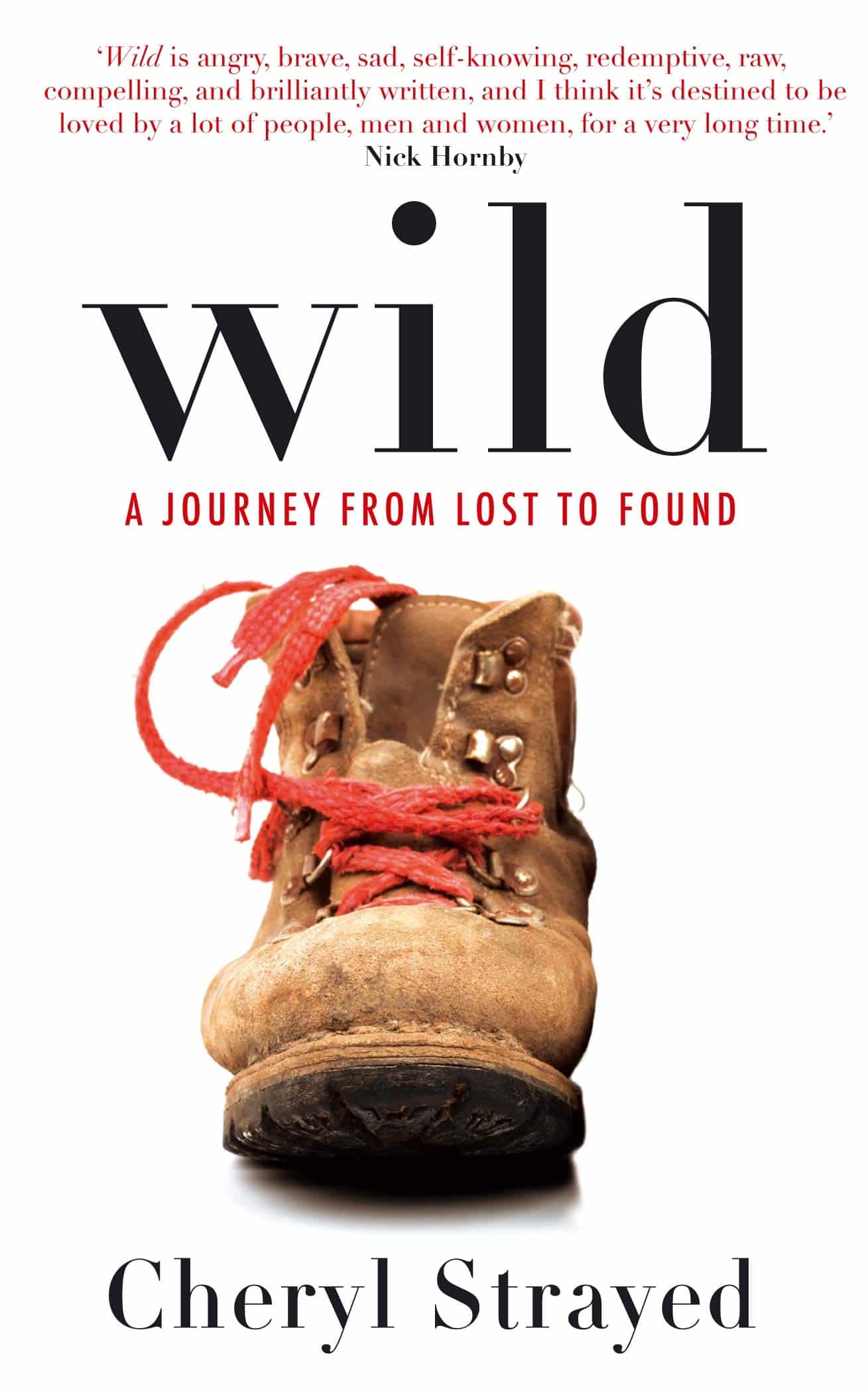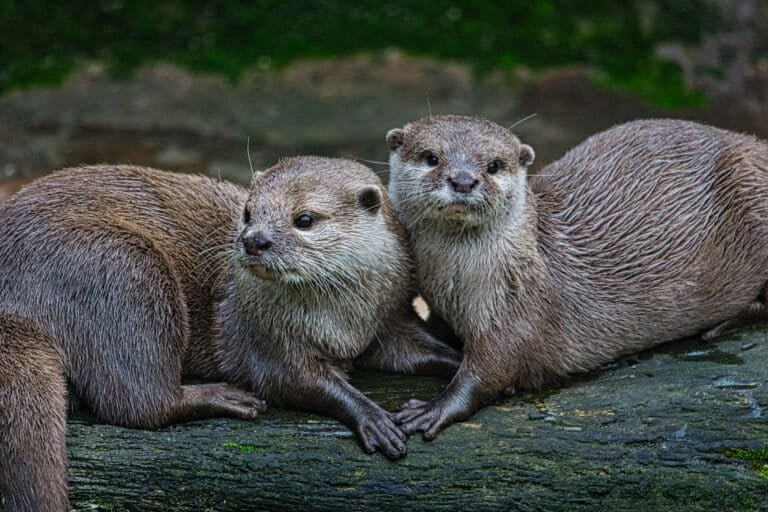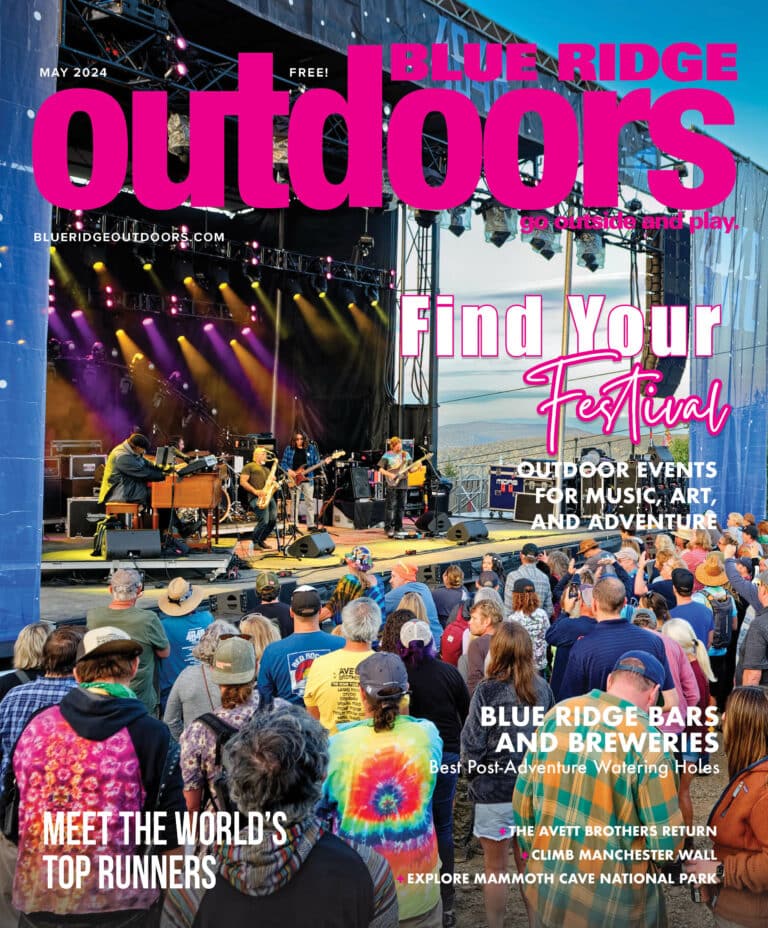An Interview with Best-Selling Author Cheryl Strayed
TEN YEARS AGO, CHERYL STRAYED PUBLISHED HER
best-selling memoir, Wild, a poignant account of self-discovery on a 1,000-plus mile hike of the Pacific Crest Trail that was adapted into an Oscar-nominated film starring Reese Witherspoon. Also the author of New York Times bestsellers Tiny Beautiful Things and Brave Enough, and the host of the podcast Sugar Calling, Strayed recently talked to BRO about her ongoing relationship with hiking, future work, and the enduring influence of Wild.
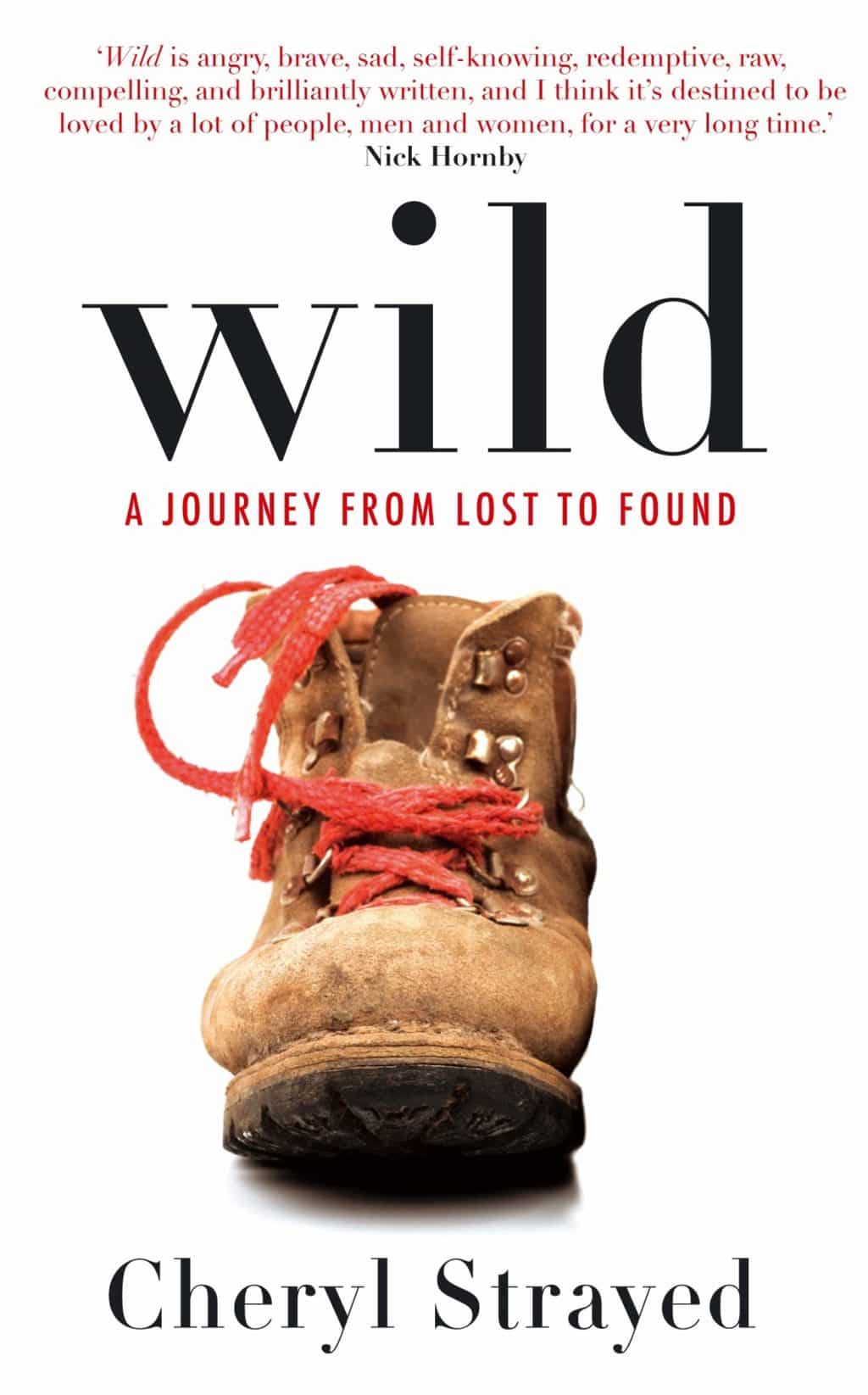
BRO: How has life changed for you since the publication of Wild?
CS: In some ways it’s changed enormously. Wild’s success has allowed me to be a writer full time, which had been my dream since I was a kid. It has led me in directions I’d never expect to go (like the Academy Awards!). It gave me the opportunity to connect with readers around the world. I’ve had a lot of wonderful experiences I never would have imagined I’d get to have.
In other ways, in a core way, my life is the same. I’m still sweating over every sentence I write, trying to make that next book, essay, or story as good as it can be. I’m still married to my dear husband Brian and together we’re raising our two kids, Carver and Bobbi. I’m still seeking adventure wherever I can find it.
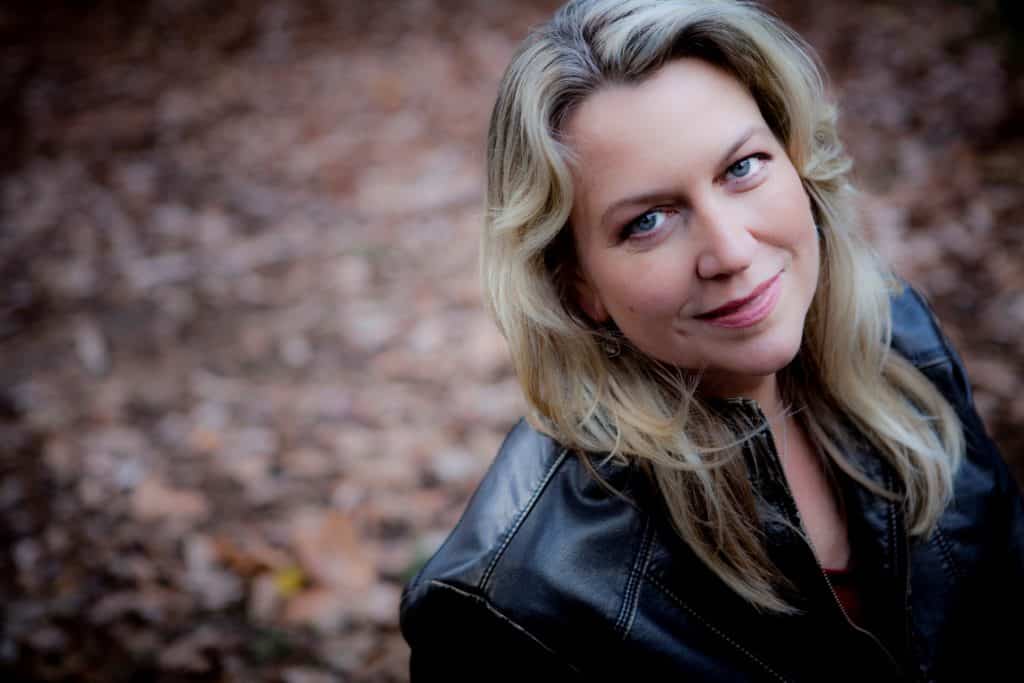
BRO: Do you or did you identify as a “thru-hiker” after your pilgrimage on the PCT?
CS: I wasn’t technically a thru-hiker, since I didn’t hike the entire trail, but on my PCT hike I certainly had more in common with those who were thru-hikers than I did with those who were on the trail for a short trip. So, yes, I identify with the experience and the people.
Since Wild was published, I’ve met and talked to so many long-distance hikers who’ve hiked on various trails and there is always a sense of connection because we know what it’s like to hike day every day with a pack on your back, sleeping and eating in the wild. It’s quite a specific experience. The sense of community I’ve felt both on and off the trail with other hikers is pretty wonderful.
BRO: Did you ever feel the pull to go back and complete the sections of the PCT that you missed, or to hike any other long trails?
CS: Yes, ever since I finished my hike on the PCT, I’ve planned to go back and hike the entire trail. I haven’t made it yet because, well, life intervened, but perhaps I will someday. I’m 53 now and I’m so inspired by the many long-distance hikers who are in their 60s, 70s, 80s, and beyond. I plan to be one of those people who just keeps walking. It’s never too late to hike the PCT. I still hike every chance I get and have hiked other long trails, though never for as long as I hiked the PCT. I hiked part of the CDT (Continental Divide Trail) in New Mexico several years ago and, more recently, I hiked the Milford and Routeburn Tracks in New Zealand with my husband and our two teenagers. Hiking is—and probably will always be—my favorite thing to do.
BRO: Do you think that your time on the PCT defined you in any way?
CS: I think it impacted my life immensely and for the better. The experiences I had on the trail taught me a lot about how to call upon my courage, how to endure, how to accept each moment for what it is, how to humbly submit to the sometimes painful tedium of making progress one step at a time. Those formative lessons have spilled over into other areas of my life. They’re things I carry with me always. I lean on them in hard times.
BRO: Wild seems to be very much about you undergoing a personal transformation. Was there a defining moment from that chapter of your life that really stuck with you?
CS: Yes, Wild is so much about the personal transformation I was undergoing at that time in my life, and I would say the entire experience was defining. I think any time you do something like hike for 94 days you’re going to be transformed by the experience, but it was especially intense for me because I began hiking the trail from a place of loss and despair. When I began my hike, I was deeply grieving the death of my mother—who’d died very quickly of cancer at 45—and I was also coming to terms with the loss of my young marriage.
Plus, I was in my twenties—in that decade when most of us have to figure out who we are. I decided to hike the PCT to save myself—not to be changed into someone new, but rather to find the way back to who I knew I most truly was inside. When I began writing Wild years after my hike, I realized that in telling this story of my own transformation and growth on the trail, I was telling a timeless story of how we are transformed when we step outside the comfort zone. I think this is one reason so many people related to the book. They related to my struggles and my suffering. They saw their own transformations and growth in mine.
BRO: Would you change anything if you could go back in time?
CS: That’s always a hard question because it’s always yes and no, right? On one hand, for example, it would have been better if I’d worn boots that fit me properly, so I wouldn’t have had to endure the pain I did (in the form of many blisters and six toenails). On the other hand, I learned so much by having made that painful mistake. I learned how to keep going, even when it hurt, which is a lesson that’s helped me through many things, not only on the PCT.
BRO: Do you expect to continue recording Sugar Calling?
CS: Probably not. It was always meant to be a short series. I loved doing it, but I’m a writer first and foremost and so I had to set podcasting aside for now so I could focus on my writing.
BRO: What kind of projects are you working on right now?
CS: I’m working on my next book and I also recently completed a screenplay.
BRO: Where do you hope you and Wild will be in 2032?
CS: I hope I’ll still be writing and hiking. I live in Portland, Oregon, and one reason I love this city is that there are so many great hiking trails nearby, but by 2032 I’d like to be living somewhere less urban, somewhere more wild, somewhere with a hiking trail that leads to my yard.
Cover photo: Strayed released her best-selling memoir, wild, in 2012. Book cover: courtesy of Knopf / Strayed photo by Joni Kabana
